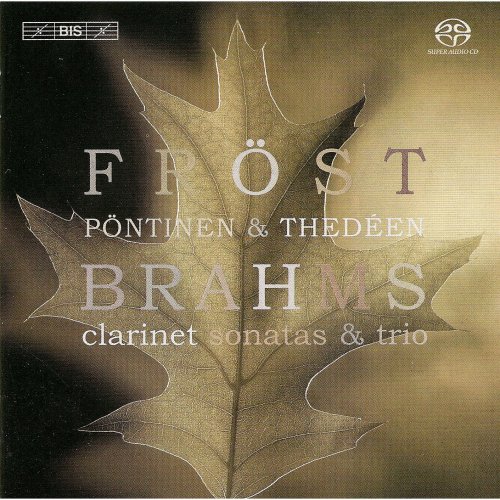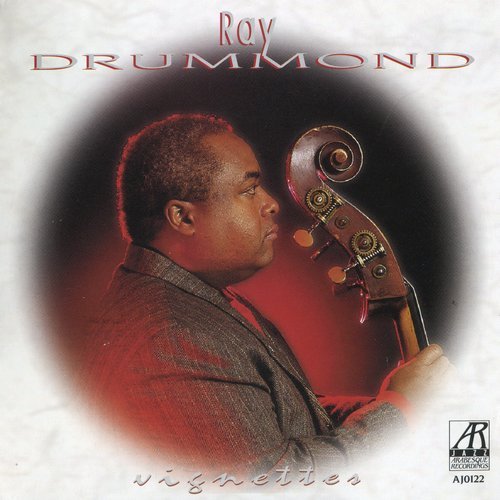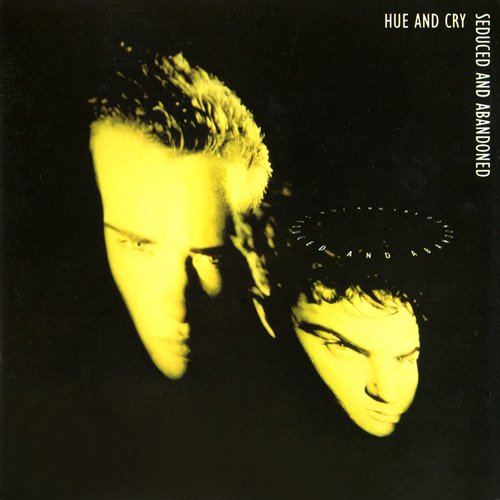Martin Fröst, Torleif Thedéen, Roland Pöntinen - Brahms: Clarinet Sonatas & Trio (2005) Hi-Res

Artist: Martin Fröst, Torleif Thedéen, Roland Pöntinen
Title: Brahms: Clarinet Sonatas & Trio
Year Of Release: 2005
Label: BIS
Genre: Classical
Quality: FLAC 24bit-44.1kHz / FLAC (tracks)
Total Time: 01:07:09
Total Size: 631 / 262 mb
WebSite: Album Preview
Tracklist: Title: Brahms: Clarinet Sonatas & Trio
Year Of Release: 2005
Label: BIS
Genre: Classical
Quality: FLAC 24bit-44.1kHz / FLAC (tracks)
Total Time: 01:07:09
Total Size: 631 / 262 mb
WebSite: Album Preview
Sonata No. 1 In F Minor For Clarinet And Piano Op. 120 No. 1 (21:52)
1. Allegro appassionato 7:33
2. Andante Un Poco Adagio 4:53
3. Allegretto Grazioso 4:09
4. Vivace 4:59
Sonata No. 2 In E Flaf Major For Clarinet And Piano (19:45)
5. Allegro Amabile 7:58
6. Allegro Appassionato 4:52
7. Andante Con Moto 4:54
8. Allegro 2:06
Trio In A Minot For Clarinet, Piano And Cello Op. 114 (24:33)
9. Allegro 7:48
10. Adagio 7:39
11. Andantino Grazioso 4:24
12. Allegro 4:25
Performers:
Martin Fröst
Roland Pöntinen
Torleif Thedéen
On it’s release, Martin Fröst’s recording of Mozart’s Clarinet Concerto and Quintet for Clarinet and String Quartet (BIS-SACD-1263) received glowing reviews. The magazine Classica-Répertoire named it the finest recording ever of the concerto after performing a blind test involving no less than 50 interpretations of the work. And the critic in International Record Review agreed with his French colleagues when he wrote: ‘Better recorded performances of these towering masterpieces may exist, but I have never heard them. In their technical proficiency, style consciousness and broad, yet never exaggerated emotional range, they shine as major achievements.’
Martin Fröst now continues his survey of the core clarinet repertoire with Brahms’ autumnal works for the instrument. Composed towards the end of Brahms’ life, the trio and two sonatas on this disc are the fruits of the meeting between a composer who feared that he had lost his inspiration, and a great musician who helped him find it again. Richard Mühlfeld was the favourite clarinettist of both Richard Wagner and Hans von Bülow, but these works by Brahms are surely the most impressive testimonial to his musicianship.
For this recording, Fröst is partnered by his regular collaborator Roland Pöntinen at the piano – a team which was highly praised for their Schumann recording a couple of years ago, BIS-CD-944, of which the reviewer in Répertoire wrote: ‘An hour of sheer happiness … Seemingly effortlessly the musicians find the same words, the same accents, the same sighs, that common way of thinking which is the mark of all great recordings of chamber music. A luminous Schumann.’
Eminent cellist Torleif Thedéen makes up the numbers in the trio, in which the central episode of the third movement, a dialogue between the clarinet and cello, was described by Brahms’s friend Eusebius Mandyczewski as sounding ‘as if the instruments were in love with each other’.
Martin Fröst now continues his survey of the core clarinet repertoire with Brahms’ autumnal works for the instrument. Composed towards the end of Brahms’ life, the trio and two sonatas on this disc are the fruits of the meeting between a composer who feared that he had lost his inspiration, and a great musician who helped him find it again. Richard Mühlfeld was the favourite clarinettist of both Richard Wagner and Hans von Bülow, but these works by Brahms are surely the most impressive testimonial to his musicianship.
For this recording, Fröst is partnered by his regular collaborator Roland Pöntinen at the piano – a team which was highly praised for their Schumann recording a couple of years ago, BIS-CD-944, of which the reviewer in Répertoire wrote: ‘An hour of sheer happiness … Seemingly effortlessly the musicians find the same words, the same accents, the same sighs, that common way of thinking which is the mark of all great recordings of chamber music. A luminous Schumann.’
Eminent cellist Torleif Thedéen makes up the numbers in the trio, in which the central episode of the third movement, a dialogue between the clarinet and cello, was described by Brahms’s friend Eusebius Mandyczewski as sounding ‘as if the instruments were in love with each other’.


![Sababa 5 - Ça va Ça va (2026) [Hi-Res] Sababa 5 - Ça va Ça va (2026) [Hi-Res]](https://img.israbox.com/img/2026-02/19/fjh6s1r25i49g9yulzp8ivi4c.jpg)


![Gonzalo Mazzutti - Lo que nos une (2026) [Hi-Res] Gonzalo Mazzutti - Lo que nos une (2026) [Hi-Res]](https://www.dibpic.com/uploads/posts/2026-02/1771563491_cover.jpg)


